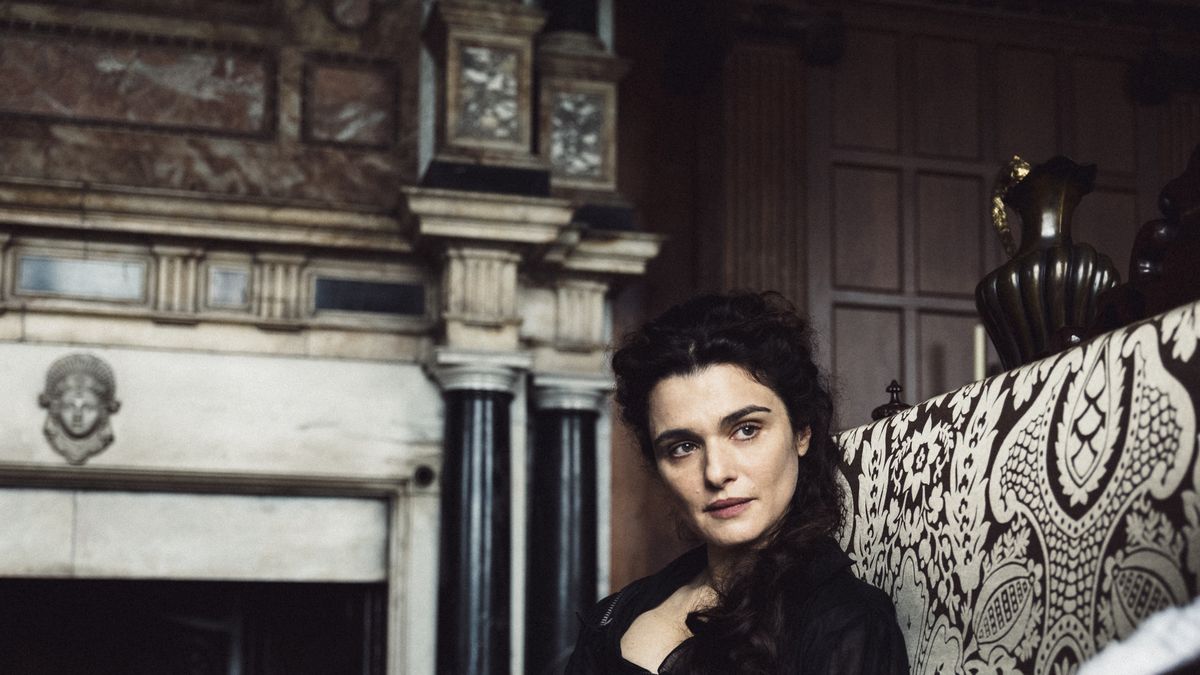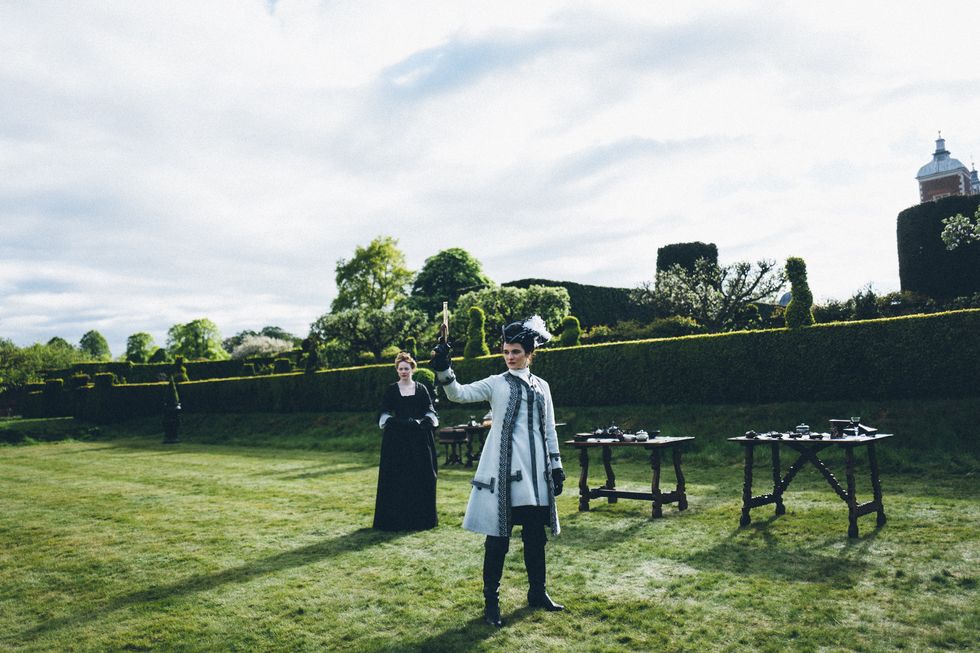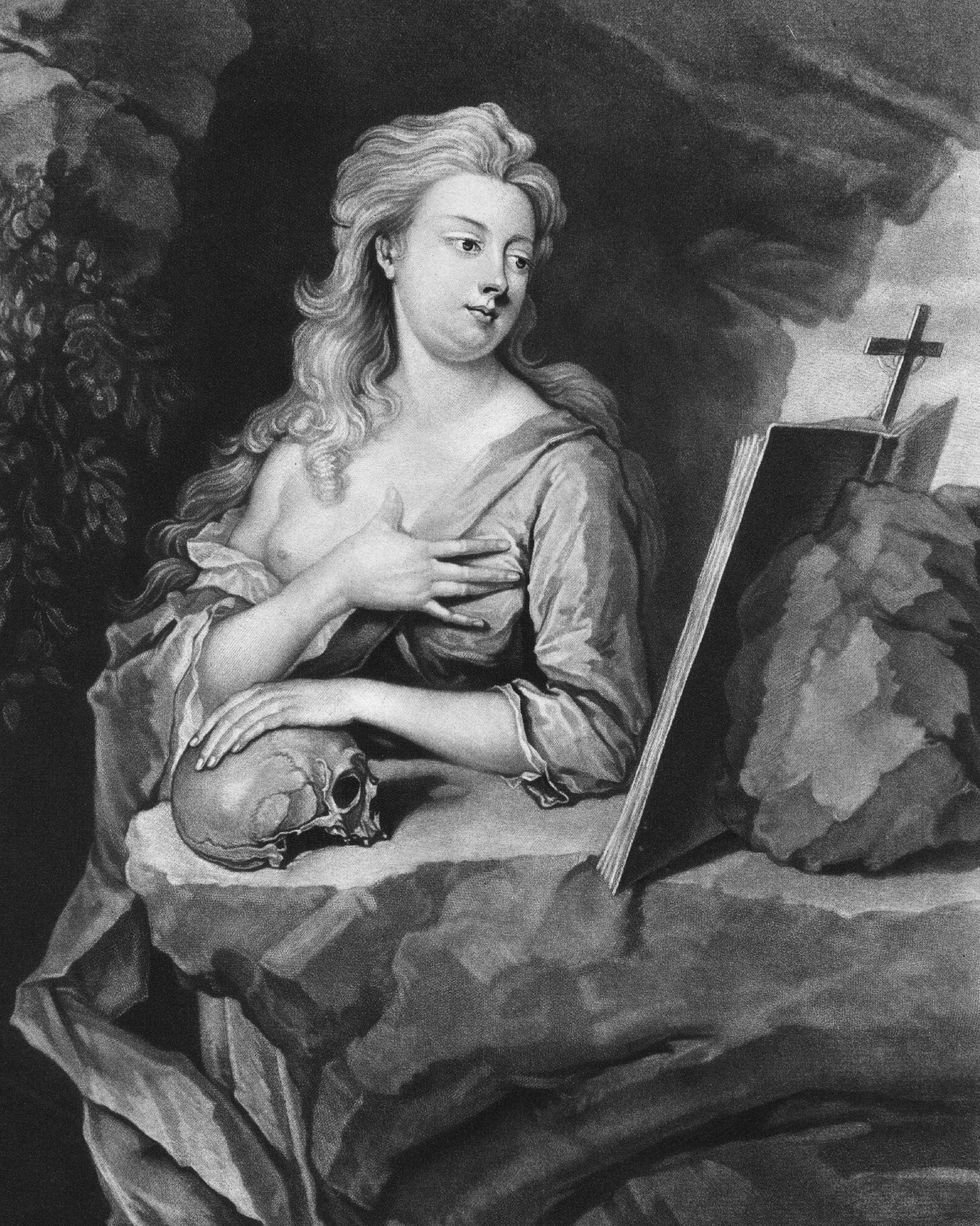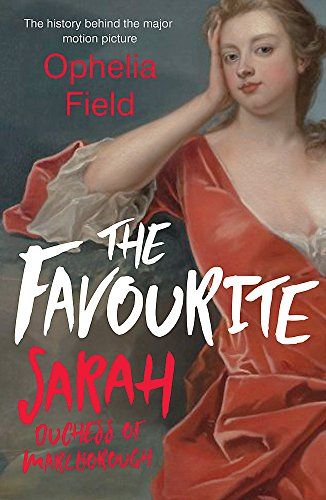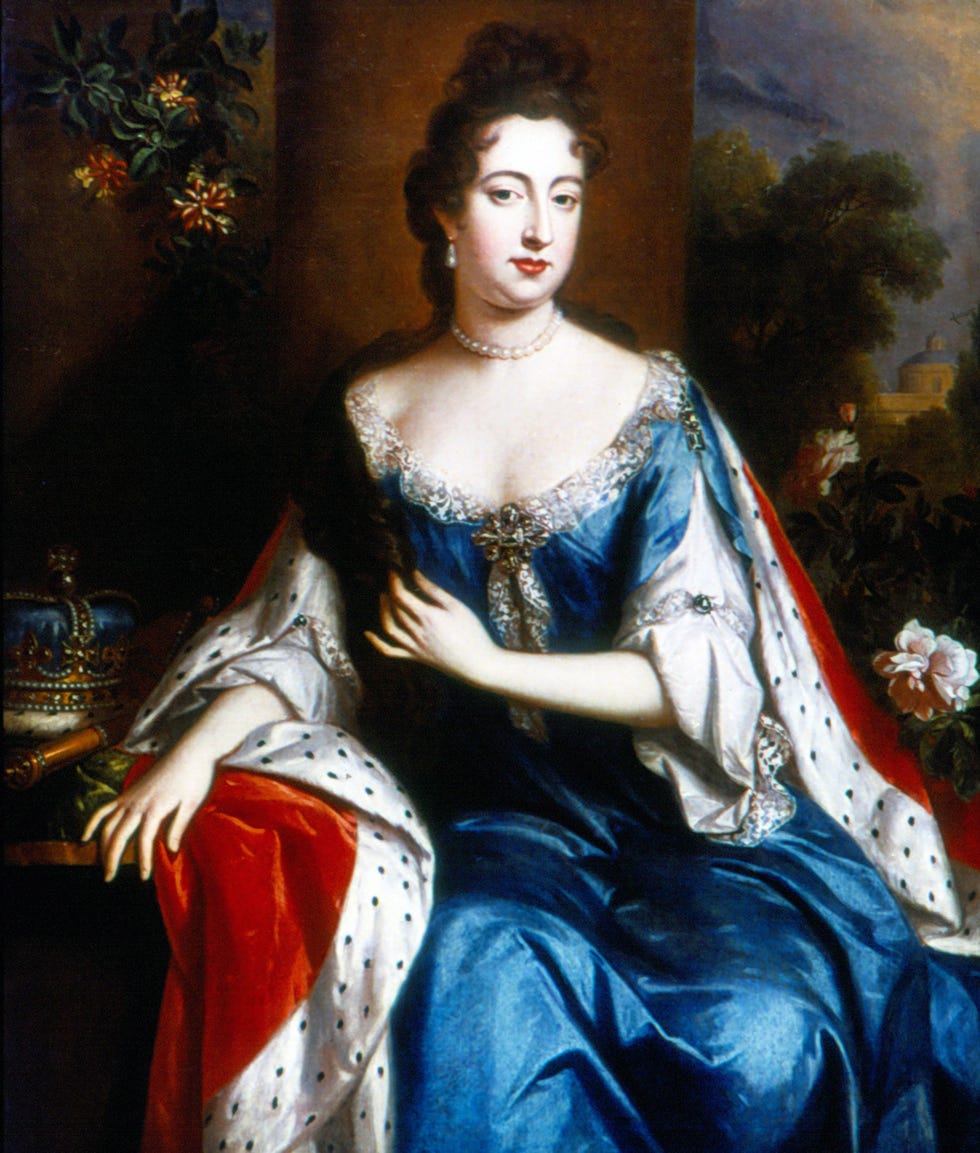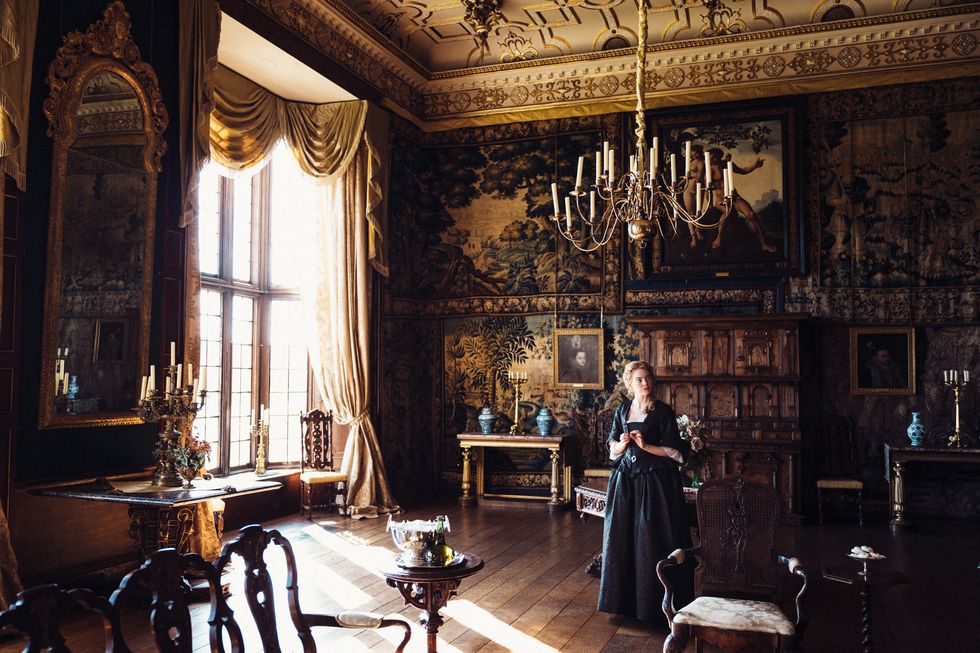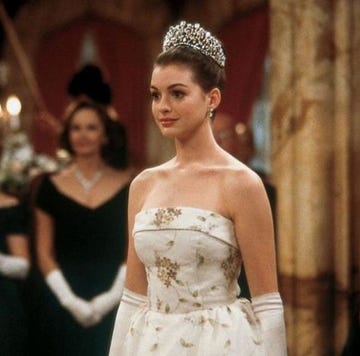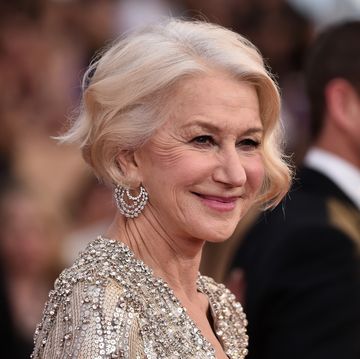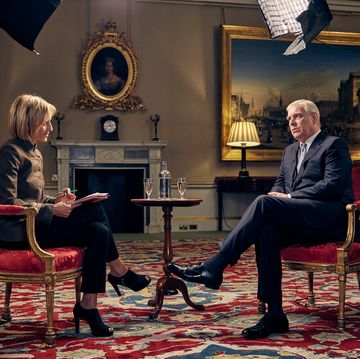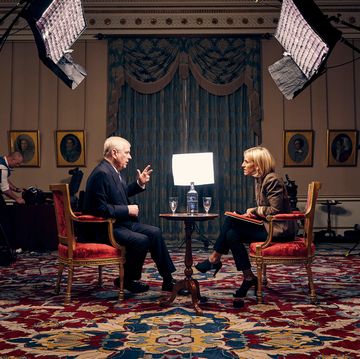The Favourite upends the concept of a staid period piece, and with it, our understanding of history. The genteel upper class? Sure, they were governing, but they weren't opposed to pummeling a naked man with fruit in their copious downtime. The harshly enforced gender roles? Far more slippery than you might imagine. And most "downstairs" workers were probably less adoring of their employers than the doting maids on Downton Abbey.
It's perhaps because of this deviant approach that The Favourite has been so handsomely rewarded. The film garnered numerous nods from the Golden Globes and BAFTAs, and has even tied with Roma for the most Academy Award nominations, achieving recognition in a stunning 10 different categories.
While the film isn't a faithful retelling—"Some of the things in the film are accurate and a lot aren't," director Yorgos Lanthimos told The Hollywood Reporter—there's more than a grain of truth at the center of the narrative.
Sarah Churchill, the eventual Duchess of Marlborough (portrayed by Rachel Weisz), was indeed childhood friends with then-Princess Anne. The nature of their relationship is subject to interpretation, but Sarah did threaten to blackmail Anne with their letters, so there must have been some aspect of their correspondence that would cause scandal, were it to become public.
Her cousin, Abigail Masham (played by Emma Stone in the film) did work her way up to be a woman of the bedchamber for Queen Anne (Olivia Colman), and ultimately supplanted Sarah as the monarch's Favorite.
Aside from the grim nature of that final scene (in which Anne forces Abigail to rub her leg, fading into a shot of teeming rabbits), it would seem that Abigail won. She remained by the Queen's side, minding the royal treasury as the Keeper of the Privy Purse, while Sarah and her husband were banished from her rooms at the palace, before they ultimately fled to Germany. But the long view of history provides a more complex interpretation.
Abigail Masham would stay at court until Queen Anne's death, after which she lead a comfortable, private life.
Abigail and her husband were kicked out of their home at the palace, but remained monied, and retired to a manor near Windsor. When Sir Francis Masham died, they moved to the Masham home in Essex.
After her fall from Queen Anne's grace, Sarah Churchill did struggle.
As historian Ophelia Field writes in The Favourite: The Life of Sarah Churchill and the History Behind the Major Motion Picture (her 2003 biography of Sarah was republished to coincide with the 2018 film), she and her husband the Duke of Marlborough were both dragged in the press. At one point, public opinion had turned so strongly against them that stones were thrown through the windows of Marlborough house.
Facing possible impeachment over embezzlement charges, the Duke decided that a move to Germany was in their best interest.
But although Sarah's husband was investigated for embezzlement during Queen Anne's reign, he was later exonerated under George I.
Per Field, the actual historical record on Marlborough's guilt remains unclear, but his eventual exoneration let Sarah claim the ordeal was "a frivolous and groundless complaint."
Sarah and her husband were able to return to England in 1714.
The couple re-entered the country just three days after Queen Anne died. Sarah Churchill managed to become amicable with Anne's Hanoverian successor, King George I, although she didn't desire to return to court.
Sarah wrote a memoir, allowing her to shape her own story.
After Queen Anne died in 1714, Abigail Masham retired into private life—but her rival had a clever final act in store. Before she died at the age of 84, Sarah published her memoirs. The way she colored her own story would go on to color future generations' perceptions of Queen Anne and Abigail.
She described Abigail as "[I]nstrumental in doing the greatest mischief that a nation can suffer, the reducing of it from the most flourishing to at least a very dangerous condition; & as acting the most ungratefully and injuriously to a person to whom she owes her very bread."
Although no small number of biographers and satirists would go on to portray her negatively, Sarah's writing would continue to win over some admirers, including an anonymous editor who noted in 1875 that "it would not seem unreasonable to conclude, after an unprejudiced perusal of these Letters, that, with all her faults, Sarah Duchess of Marlborough was not deserving of much of the obloquy that was so persistently cast upon her, not only during her lifetime but for a long while afterwards."
When Sarah died in 1744, few mourned her loss.
A contemporary observer noted, per Field, that her death "was very little regretted, either by her own family or the world in general."
Whereas Abigail's family is nearly forgotten, the Marlboroughs have some very prominent descendants.
Two of the most famous British personalities of the 20th century, Winston Churchill and Princess Diana, could both trace their lineage back to Sarah Churchill. After Diana's death in 1997, books on her family were published that credited Sarah as a founding figure in the family's continuing dynasty.
The latest biography of Queen Anne confirms some of Sarah's accusations against Abigail.
Rather than the innocent person that many previous retellings had considered Abigail to be, historian Anne Somerset believes that the evidence suggests she was a politically-motivated, manipulative character—not unlike Emma Stone's portrayal of her in The Favourite. And if Lanthimos's film remains the most culturally salient narrative of the events, in the balance, Sarah Churchill may have just come out on top after all.

Chloe is a News Writer for Townandcountrymag.com, where she covers royal news, from the latest additions to Meghan Markle’s staff to Queen Elizabeth’s monochrome fashions; she also writes about culture, often dissecting TV shows like The Marvelous Mrs Maisel and Killing Eve.
